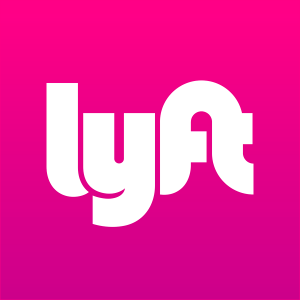 Uber – and other rideshare companies – arrived on the scene seemingly overnight, and they aren’t going away anytime soon. While hopping in an Uber can be extremely convenient, as drivers ourselves, we also have to contend with this additional traffic. The fact is that drivers for Uber and Lyft (and all the other companies) aren’t commercial drivers in any real sense – but they are out hustling to earn a living and they sometimes cause dangerous accidents. If you’ve been injured in an accident caused by a rideshare driver, it adds an additional layer of complications to your insurance claim, and you should consult with an experienced Atlanta-area personal injury attorney.
Uber – and other rideshare companies – arrived on the scene seemingly overnight, and they aren’t going away anytime soon. While hopping in an Uber can be extremely convenient, as drivers ourselves, we also have to contend with this additional traffic. The fact is that drivers for Uber and Lyft (and all the other companies) aren’t commercial drivers in any real sense – but they are out hustling to earn a living and they sometimes cause dangerous accidents. If you’ve been injured in an accident caused by a rideshare driver, it adds an additional layer of complications to your insurance claim, and you should consult with an experienced Atlanta-area personal injury attorney.
Claim Complications
The brilliance of most rideshare companies’ business plans is that they keep their profits high by hiring drivers as independent contractors whom they take very little responsibility for. While public outrage and the law is catching up with these companies somewhat, complications remain for those injured in accidents caused by their drivers. If you’ve been injured by a rideshare driver’s negligence, there are some basics that you should understand.
 Georgia Injury Lawyers Blog
Georgia Injury Lawyers Blog


 At 9:30 p.m. on March 21, an
At 9:30 p.m. on March 21, an